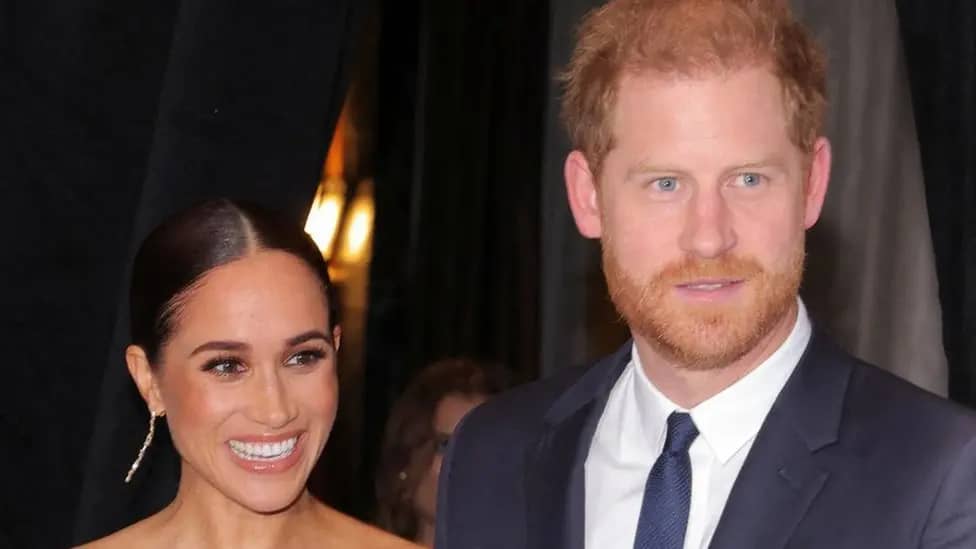By Nakiwala Barbra
A US judge has ruled that Prince Harry’s immigration records will remain confidential, despite his admission of drug use in his memoir “Spare.”
The decision comes after the conservative Heritage Foundation sought to make his visa application public, questioning whether his drug history was properly disclosed.
Prince Harry’s US visa application will remain private, despite his candid admission of drug use in his memoir “Spare,” a judge ruled on Monday. US District Judge Carl Nichols rejected a lawsuit filed by the Heritage Foundation, a conservative Washington-based think tank, which sought to compel the US government to release the duke’s immigration records.
The foundation had argued that the prince’s open admission to using marijuana, cocaine, and psychedelic mushrooms raised questions about whether proper procedures were followed when he was admitted into the US in 2020. US visa applications explicitly ask about past or current drug use, which can be grounds for rejection.
However, Judge Nichols ruled that Prince Harry’s privacy outweighed any public interest in disclosing his immigration status. “Like any foreign national, the duke has a legitimate privacy interest in his immigration status,” he stated, adding that the public’s curiosity did not constitute a strong enough reason to override those rights.

Prince Harry moved to the United States in January 2020 after announcing that he and his wife, Meghan Markle, would step back from their royal duties in the UK. In his memoir, released in January 2023, the duke wrote openly about his experiences with drugs, noting that while cocaine “didn’t do anything” for him, marijuana “really did help.”
The Heritage Foundation’s lawsuit claimed that such admissions warranted a review of whether the US government had properly vetted Prince Harry before granting him a visa. Under US immigration law, drug use can result in a visa application being denied, though immigration officers have some discretion in making their decisions.

Despite the high-profile nature of the case, Judge Nichols’ ruling reaffirms the privacy protections afforded to individuals, including those in the public eye. The case has drawn attention not just to Prince Harry’s personal history, but also to broader issues of privacy, immigration policy, and the treatment of high-profile individuals within legal frameworks.








